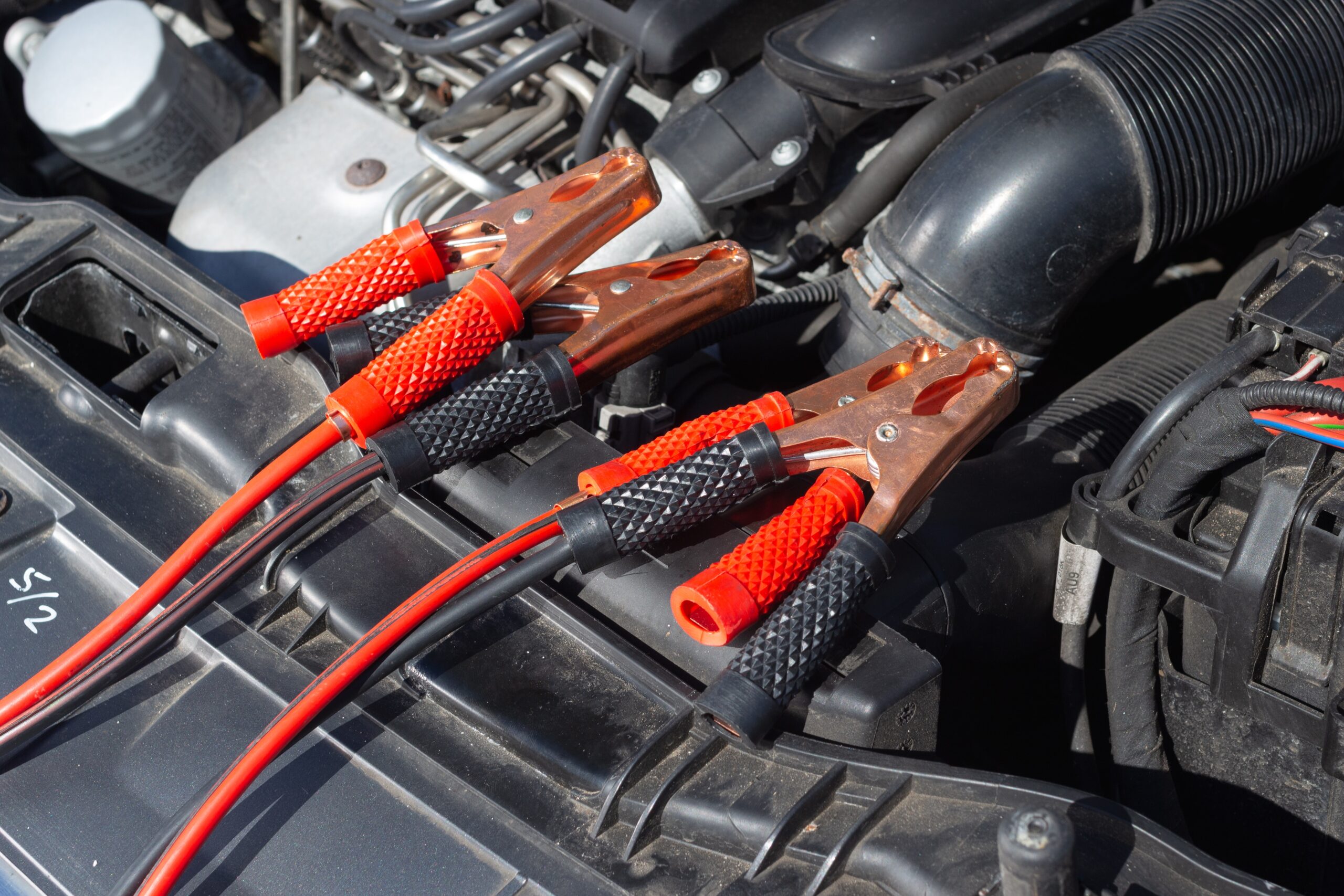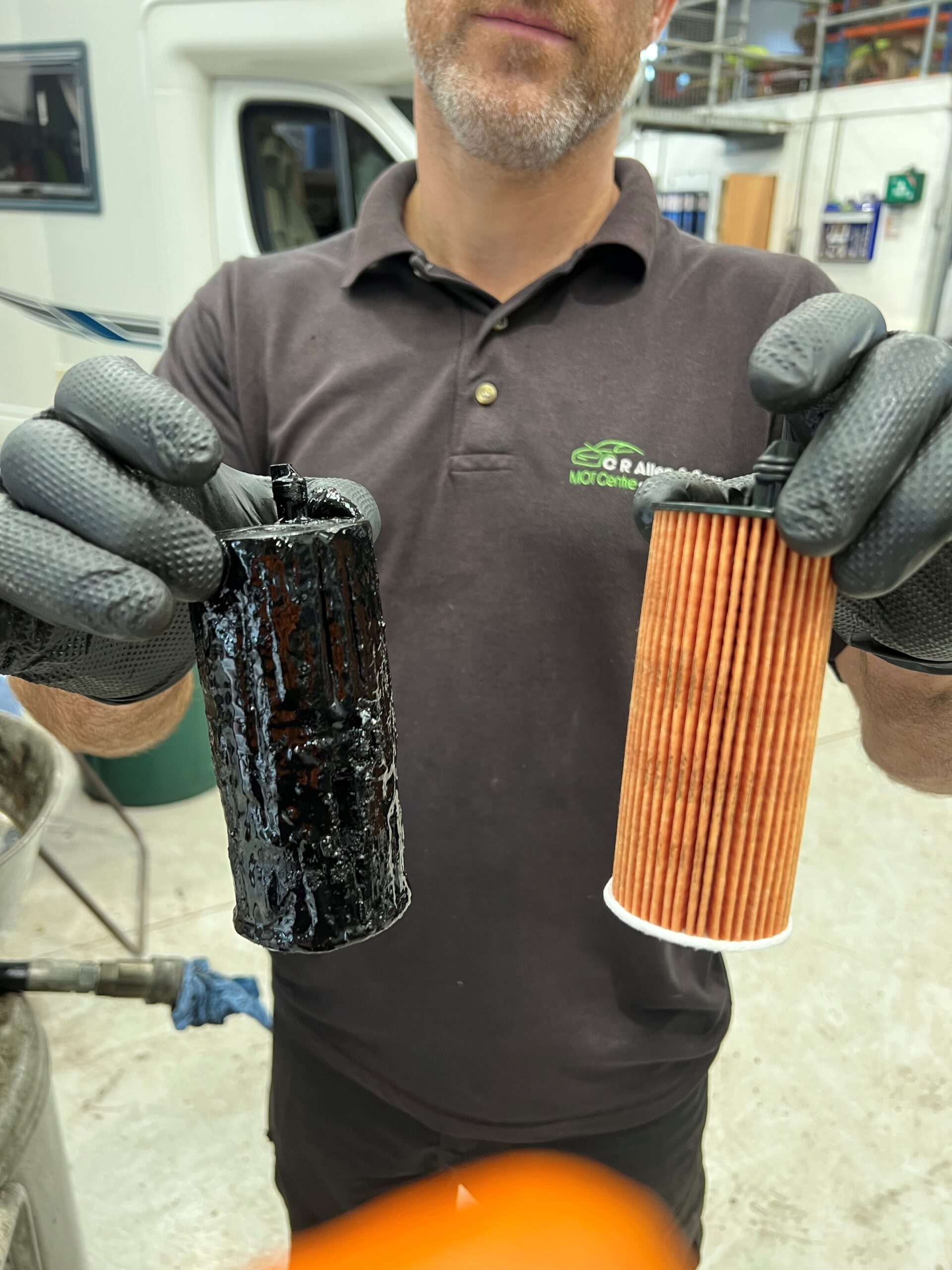

Why has my vehicle broken down?
It’s winter. It’s cold. And the last thing you need is your car to breakdown on a busy morning run. But sadly, that’s the case for over 7,000 vehicle owners in the UK every day, all of whom stranded on the roadside with little idea of the cause.
According to the RAC, thousands of callouts are a result of poor car maintenance deriving from a ‘driver fear’ to tamper with modern vehicle technology. Another 65,000 callouts are labelled as ‘driver error’ where the problem could be resolved with basic mechanical understanding.
So to save your time (and the RACs), here are some reasons why your vehicle won’t start – and what you can do about it to get back on the road.
Fuel issues
It might sound obvious, but checking your vehicle has fuel is a good place to start with a breakdown. Last year, over 6,000 UK drivers were caught short on their travels by running out of petrol, diesel or electric.
If you like to take your chances by running on fumes, make sure you carry a full 5-liter fuel can on all your journeys. You can never be too prepared.
In a rare amount of causes, it might be that your fuel gauge is broken giving you false indication of a full or half-full tank. If that’s the case, book your vehicle in with your nearest garage to get the issue fixed.

Flat battery
A car battery can’t recharge without help from the alternator. So if you’ve left your vehicle stranded for two weeks or more, it might be the case you’ve run out of voltage. In other instances, your battery might be flat due to an electrical fault, failure to switch off your lights, or a result of a faulty battery unable to hold its charge.
A quick way to assess whether your battery is the cause of a breakdown is to check other electrical components such as your radio, lights or mobile phone charger. If everything’s dead, you’ll need to jump start your vehicle and drive for a minimum of 30 minutes to restore some charge. If the problem continues, it might be the case you’ll need to replace your battery.
Flooded engine
Although it’s a rare occurrence with modern vehicles, over one in 20 motorists have admitted to breaking down after driving through floodwater.
As tempting as it may be to power through a puddle, 20% of surveyed drivers said they needed repairs as a result of water damage, with 7% claiming their vehicle was written off by their insurance company.
If you suffer water damage while on the road, switch off your ignition and call for roadside support. Should you live in an area of the UK prone to flooding, it’s wise to check the Met Office website for daily forecasts on their warning page or, alternatively, you could download the weather app. Seems obvious, but it could save you a lot of bother.

Clogged fuel filter
A clogged fuel filter will prevent petrol or diesel reaching your engine. It might be hard to tell whether the filter is the cause of the problem, but if it hasn’t been changed in 20,000 miles or more, you may have found the issue.
For advice as to when you should change your fuel filter for your vehicle make and model, refer to your driver’s handbook or contact your local independent garage.
Faulty starter motor
A starter motor is an electrical device which sets your engine in motion when you turn the ignition. If you hear a clicking sound when you turn the key, it might be an indication the internal windings, damaged bearings or other electrical failures are restricting the torque required to start your engine.
If you drive a manual, and you’re parked in a risk-free area, you could try push-starting your vehicle by building some momentum before releasing the clutch. For automatic vehicles, you will need roadside assistance.
Immobiliser system
If your immobiliser fails to recognise your key, your engine won’t start. The most common reason this occurs is when the battery is flat in your key fob and can’t transmit a signal strong enough to the immobiliser. If this is the case, it’s also likely your central locking won’t work which means you’ll have to replace the battery or use a spare key.
In emergency situations, you can also try holding the fob as close as possible to the ignition before pressing the ‘start’ button. Failing that, you may need to contact your local independent garage or a recovery service for assistance.
Get in touch
If you have any questions about a breakdown issue or would like to book a free vehicle health check with our team, call us today on 01273 584987.